0037 Rome, History: The Senate conferred the title of Principate on emperor Caligula.
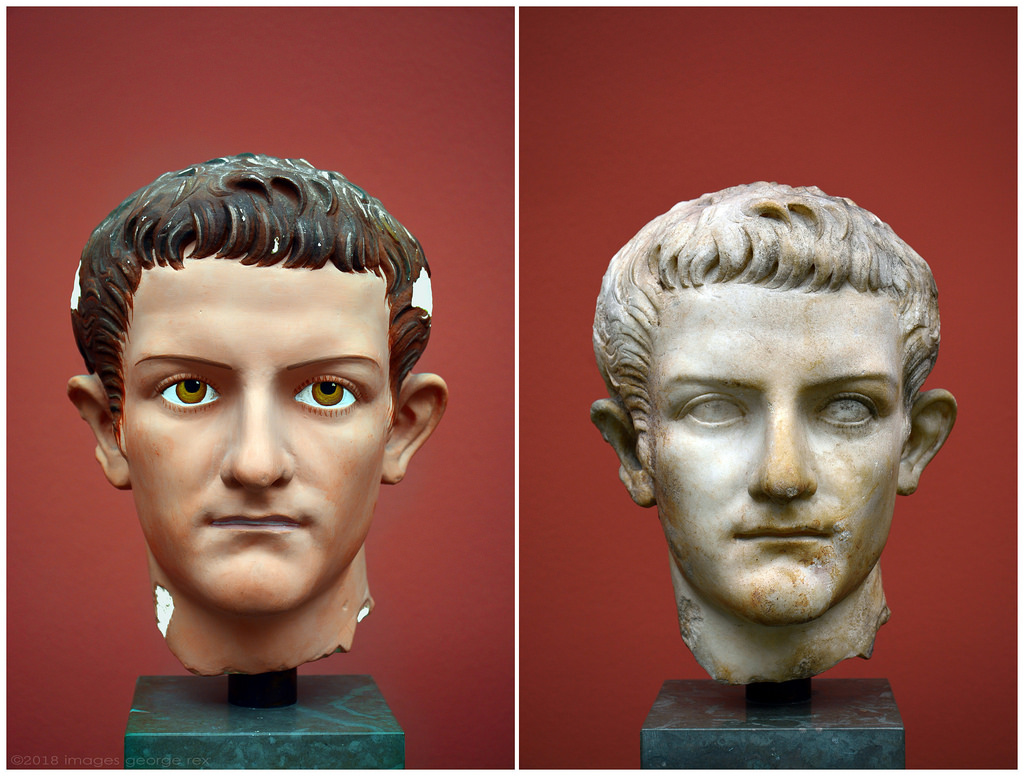
1566 Malta, History: The foundation stone for Valleta was laid at the Our Lady of Victories Church by the Order of St John under the leadership of Jean de Vallete, its grand master after a war with the Ottomans. That success encouraged European monarchs to support the Order in Malta. It was then and remained a strategic post in the Mediterranean Sean.

1778 San Francisco, History: Juan Bautista de Anza with 247 colonists arrived at the site of San Francisco. They set about building the Presidio some of which remains visible. The party included a priest who dedicated the Presidio to St Francis of Assisi. He had explored the Pacific northwest in 1772 and then established an overland road between Sonora Mexico and what is now northern California.
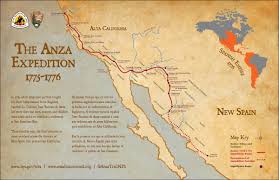
1842 Vienna, Music: The first concert of the Vienna Philharmonic Orchestra was performed. Until then public performance were offered by ad hoc assemblies of musicians with little or no rehearsal. Many were dissatisfied with the result and began to talk of a permanent orchestra for a public program. This premier was the first step in that direction, but it was more than a decade later before it became well established, according to the ‘New Grove Dictionary of Music and Musicians.’

1930 Ankara, History: The Turkish government changed the name of this city to Ankara from Angora and its rabbits, goats, and cats. In 1920 Constantinople and environs was occupied by the victorious Allies who planned to divvy it up among themselves. The nascent Turkish nationalists gathered in far away Angora to plan their own plans. Why the name was changed is not discussed on the fount of Wikipedia. While Ankara was a small and remote town, it was on the path of many with the result that that the archeological treasures in central Anatolia are great. We spent a day there in 2015 and were agog at the antiquities museum.
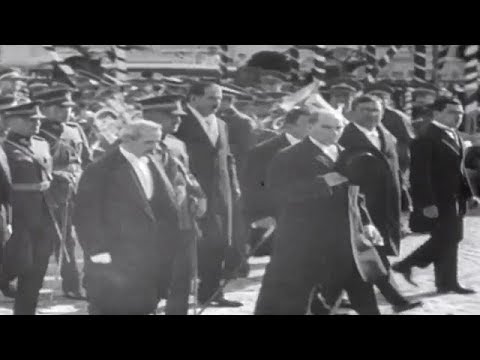
Month: February 2019
27 March
1513 Florida, History: Juan Ponce de León recorded sighting the coast of Florida.
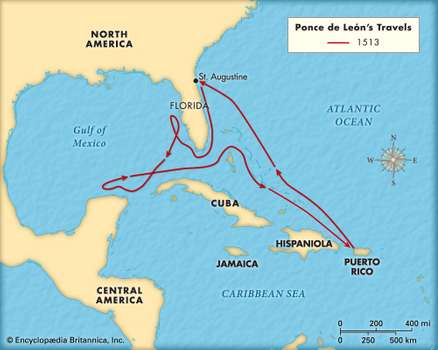
1713 Gibraltar, History: Great Britain took control of The Rock from Spain by the Treaty of Utrecht. It had strategic significance thereafter, including both World Wars.

1905 London, Law: Fingerprint evidence was used to solve a murder investigation. Three years earlier a British court had accepted fingerprint evidence in a case of theft. This was the first time it was used in a capital crime.

1912 DC, Politics: A gift from Japan, the first of three thousand Yoshina cherry trees were planted along the north bank of the Potomac River’s Tidal Basin near the Jefferson Memorial. After Pearl Harbor some of the trees were hit by vandals (who no doubt did not enlist to go to war), inspiring others in Congress to call for their complete destruction. In response the Parks Department re-branded the trees as Oriental implying a connection with ally China against Japan. Whew! In 1965 the Japanese government gave another four thousand cherry trees. These latter trees were planted around the Washington Monument. They are sight in the spring.
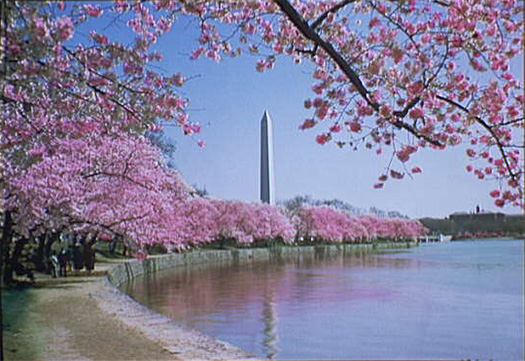
1958 Moscow, Politics: Nikita Khrushchev, First Secretary of the Communist Party, became premier of the Soviet Union, consolidating his position still more. N.B. First Secretary of the Party is much more important than being premier of the state or president of the nation, unlike in most polities.
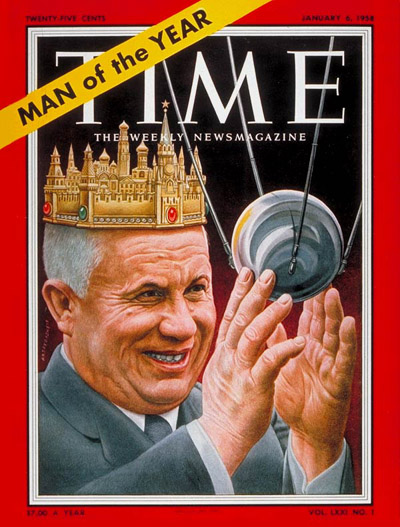
26 March
1484 Westminster, Literature: William Caxton printed a translation of Aesop’s ‘Fables.’ He was the first person to operate a printing press in England, and the first retailer of printed books, starting with this one.
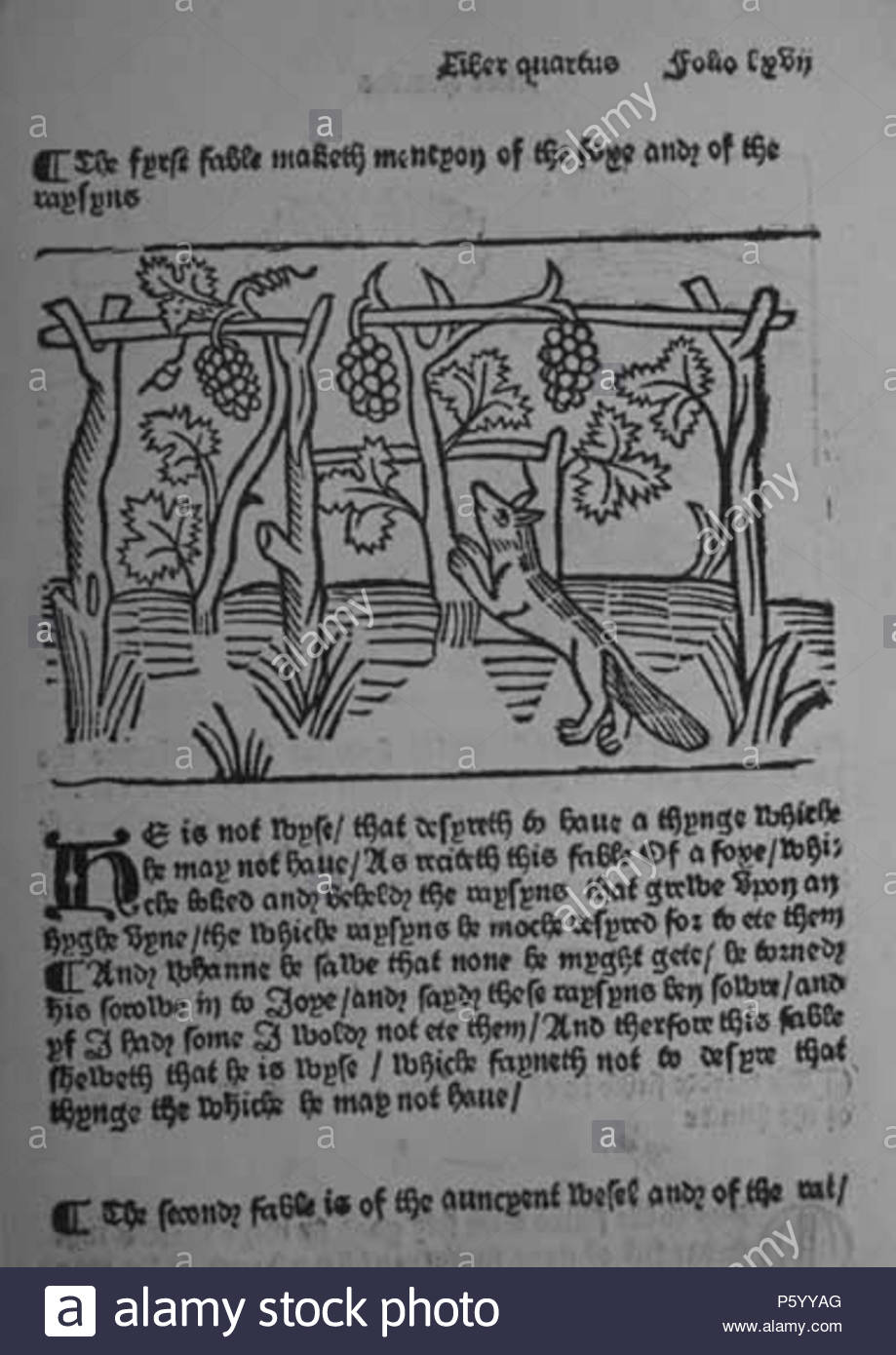
1920 Princeton (NJ), Literature: Twenty-three year old Scott Fitzgerald of Minnesota published ‘This Side of Paradise.’ He was a distant relative of Francis Scott Key. Maxwell Perkins at Scribners worked with him and gambled on his success.
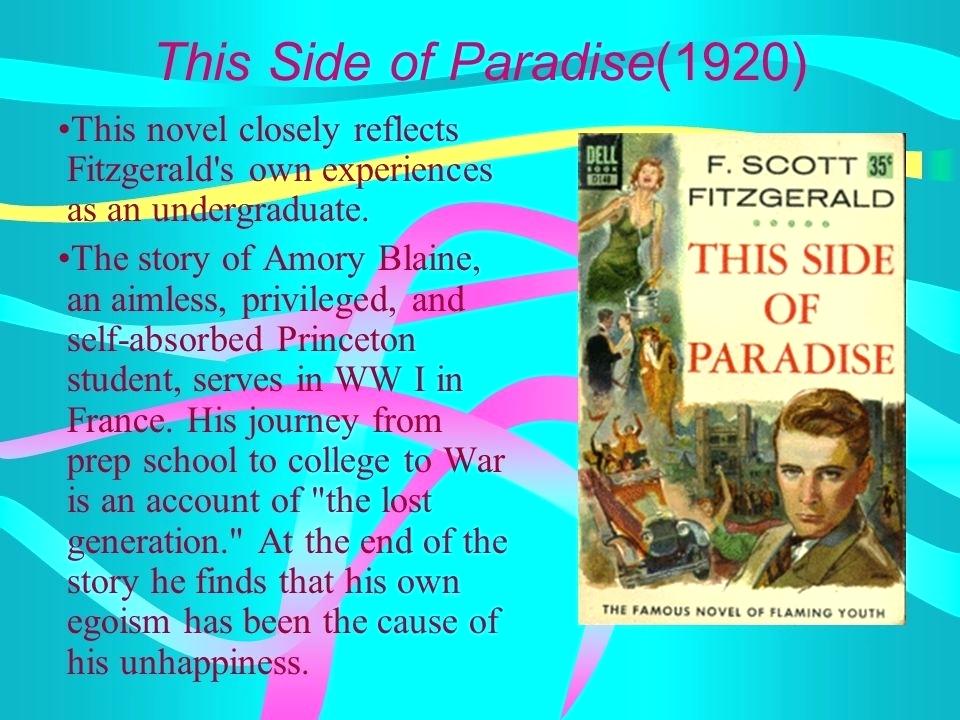
1953 Pittsburg (PA), Science: Jonas Salk announced on radio that he had a proven vaccine against poliomyelitis. In 1952 there were 58,000 new cases of polio recorded. Within two years the number of new cases dropped to 6,000. Now the few new cases are usually traced to imported origins. Though the anti-Vaxxers want to change that. Those who cannot remember the past will repeat it on someone else.
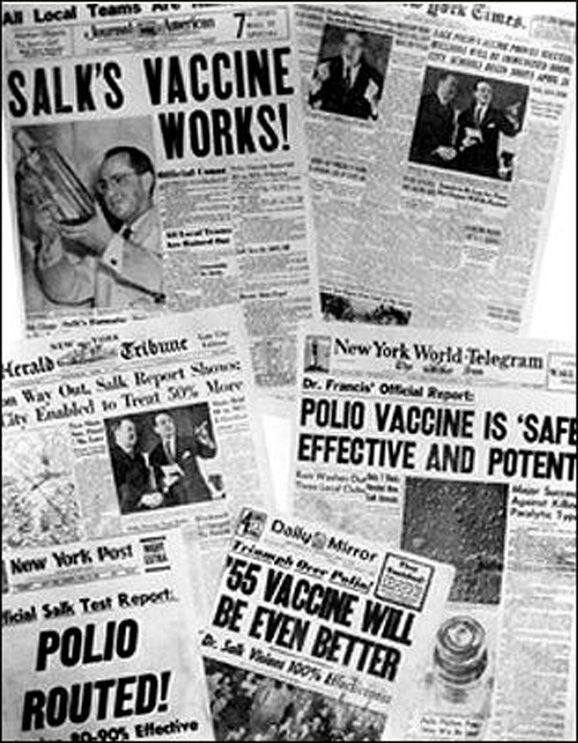
1996 Sydney, Library: A sculpture of Trim on a window sill of the Mitchell Library was unveiled. Trim accompanied Matthew Flinders on his circumnavigation of the content of Australia. Trim lived all his days on ships, and after falling overboard more than once, learned to swim. The exception was the two months the shipwrecked Flinders spent on an island and another six months when the French imprisoned Flinders on Mauritius as a spy. Trim came and went freely and learned to like French Creole cuisine and stayed on the island. Trim’s effigy is just behind a statue of Flinders the Macquarie Street side.
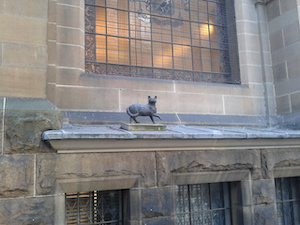
2005 Bristol, Entertainment: After an absence of sixteen years Dr Who returned to the small screen embodied by Christopher Eccleston as the ninth doctor with the Tardis and the sonic screwdriver. Eccleston agreed to one year only and offered a much more spare and focussed Doctor than many of his predecessors or successors. This Doctor also often deferred to his associates in a way previous Doctors did not do.

25 March
421 Venice, History: This is the date legendary foundation date of the city in the lagoon. It was never a republic nor was it ever serene. Several books about Venice are discussed elsewhere on this blog. We hope to visit it later this year.
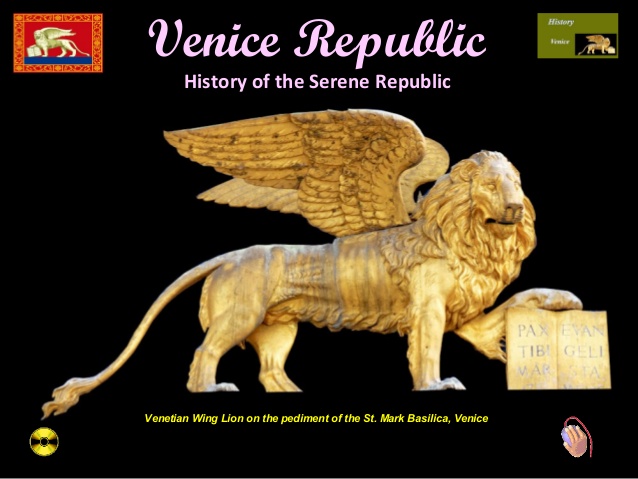
1296 Florence, Architecture: Work began on the Brunelleschi dome of the Santa Maria Cathedral. It was finished in 1436. It was a marvel of the age. One observer at the time said the dome was apparently suspended by the light. We have marvelled at it with out own eyes.
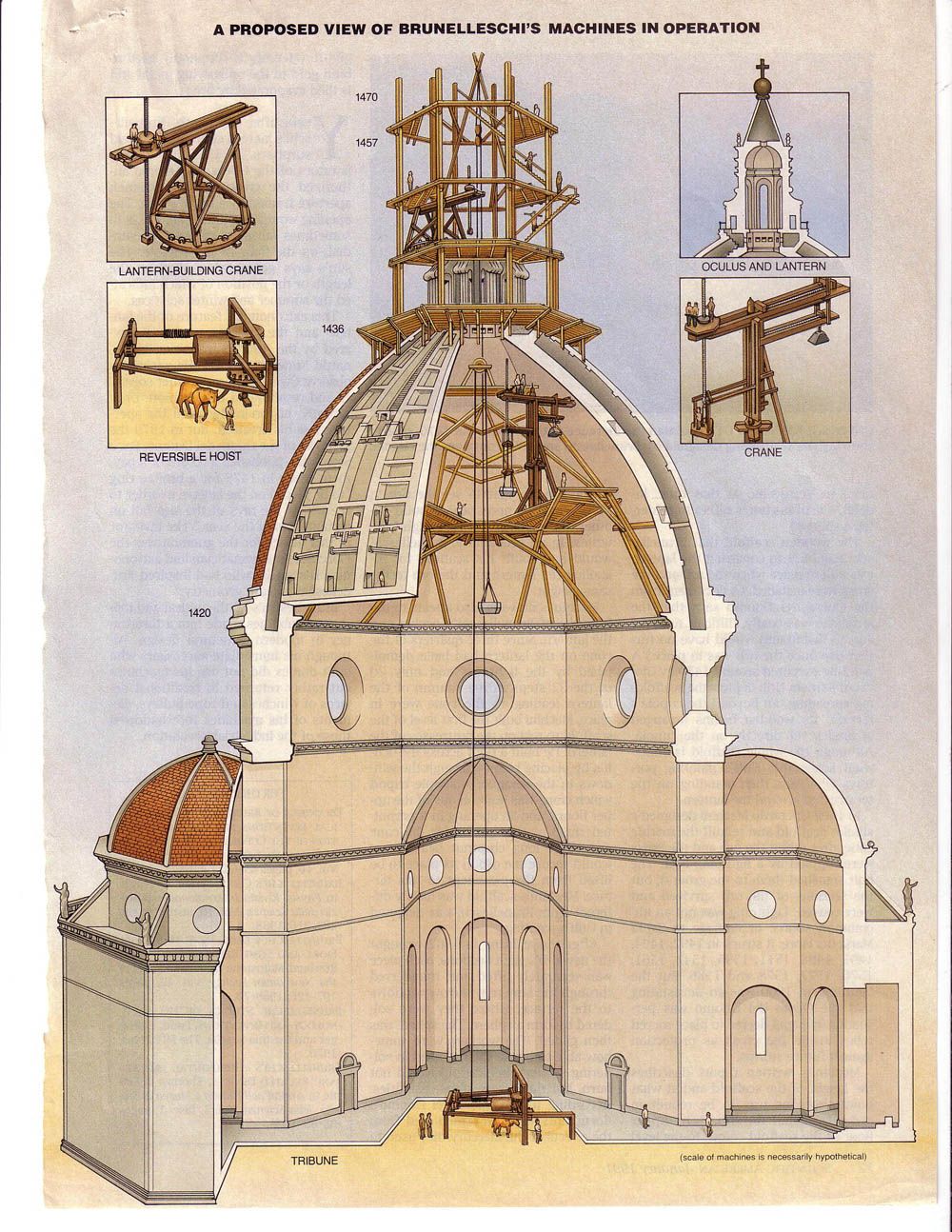
1634 Baltimore (MD), History: The first settlers arrived on the south shore of Chesapeake Bay. King Charles I had charted the land to Lord Baltimore who named it for the King’s wife, Henrietta Maria. Baltimore was sovereign over the land apart from any gold or silver which went to the King. For decades it was a haven for Roman Catholics escaping persecution. To attract settlers Baltimore encouraged more religious toleration than was common at the time when murder was the alternative to conversion.
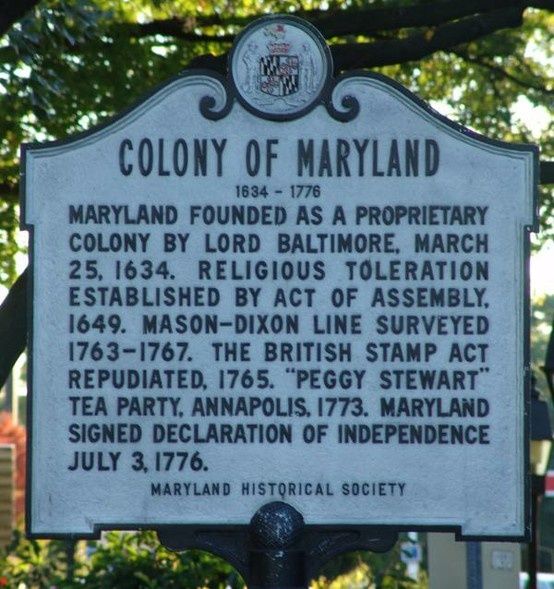
1807 London, Politics: The British parliament abolished slave trading throughout its Empire. In time it took active measures on the seas to disrupt the slave trade.
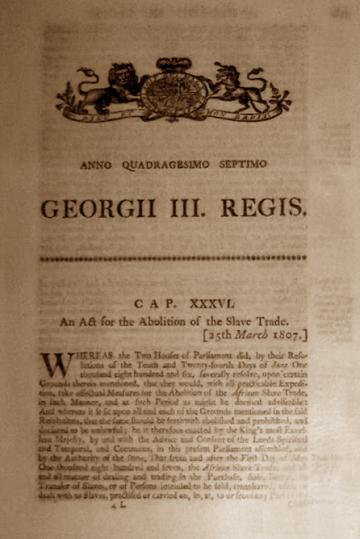
1957 Rome, Politics: The Treaty of Rome was signed by the six original members of the European Common Market. They were France, West Germany, Italy, Netherlands, Belgium, and Luxembourg. A biography of one of its visionary architects, Jean Monnet, is discussed elsewhere on this blog.
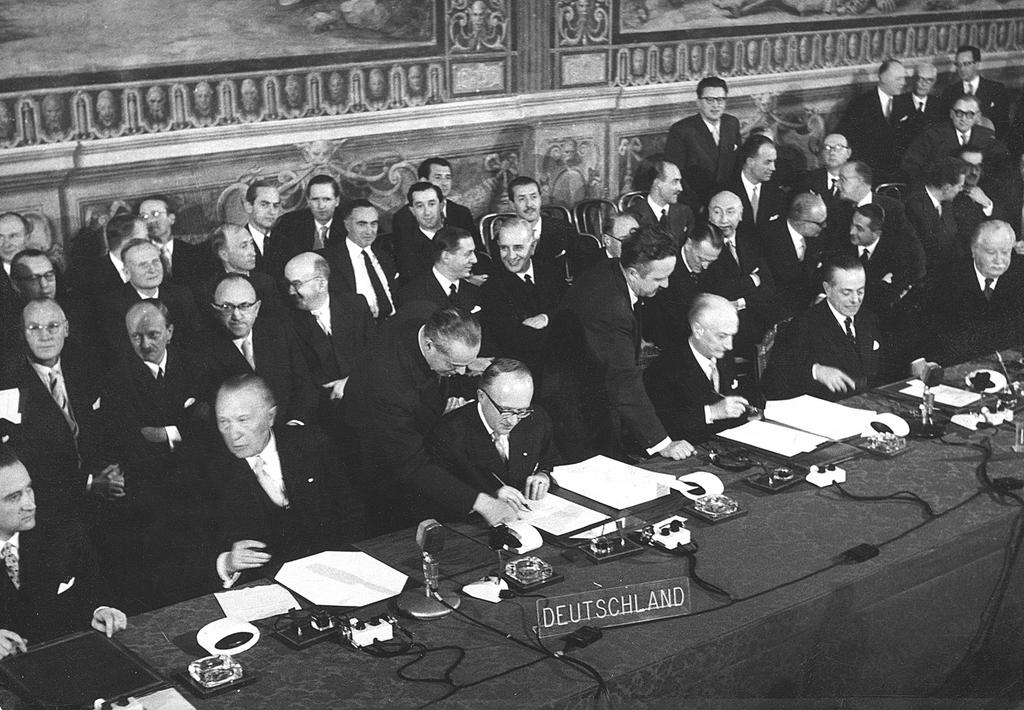
24 March
1721 Brandenburg, Music: Johann Sebastian Bach dedicated his Concertos to Christian Ludwig, Margrave of Brandenburg-Schwedt, a patron.
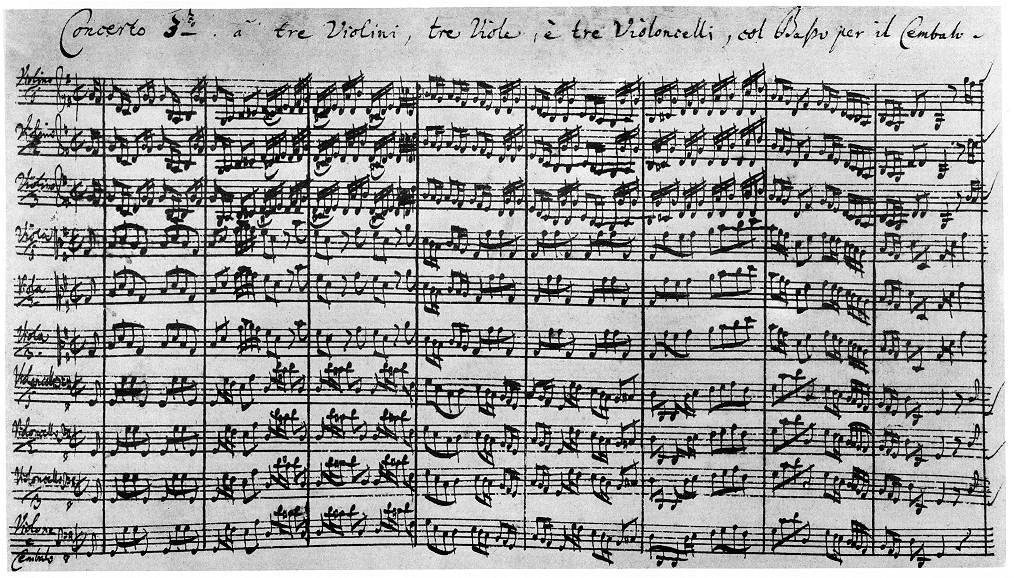
1882 Berlin, Science: Robert Koch discovered and described the bacterium tubercle bacillus which causes tuberculosis (Mycobacterium tuberculosis) as shown below. The anti-Vaxxers hope to bring it back, it seems. Those who do not know the past repeat it, again and again.

1927 Buenos Aires, Sports: José Capablanca won a 33-day chess tournament. Against the top six players in the world, according to Chessmetrics, in a quadruple round-robin Capablanca was undefeated. His speciality was speed in a game noted for its slow pace. His book ‘Chess’ remains in print. He is pictured below playing an exhibition match against one hundred players. He won all but one, which one stalemated.
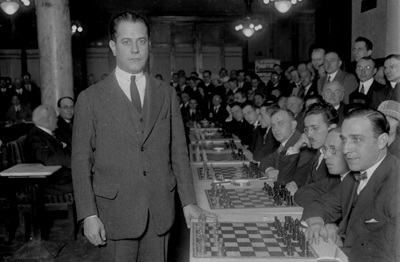
1947 New York City, Politics: At the urging of his son Nelson, John D. Rockefeller Jr donated an East River site to the United Nations for its headquarters. Bin addition, below a Rockefeller scion handed over a cheque for $US 8,500,000 to the United Nations to start the project. That equates to just under $100 million today.
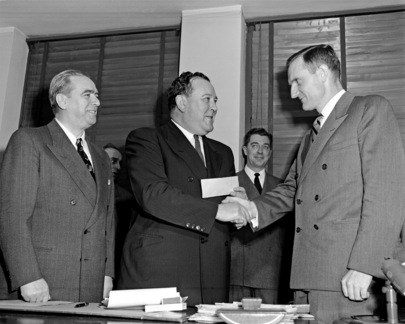
1955 New York City, Theatre: Tennessee Williams’s play ‘Cat on a Hot Tin Roof’ opened with daring themes of homosexuality, adultery, and mendacity. It ran on Broadway for more than two years. A graduate of the University of Iowa’s Writers Workshop, Williams read and wrote all of his life. He went to Iowa to get as far away from his family as possible.
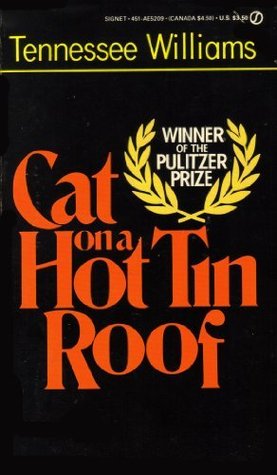
23 March
1460 Córdoba (Spain), Religion: Moses Maimonides published the ‘Mishneh Torah’ codifying Jewish law. We came to Córdoba. (You either get it or you don’t.) We snapped this statue of the great scholar.
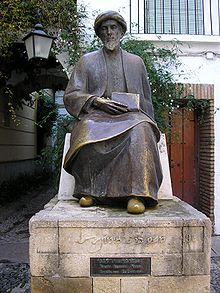
1743 London, Music: Georg Handel’s ‘Messiah’ premiered. Kate and Julie have sung this more than once.
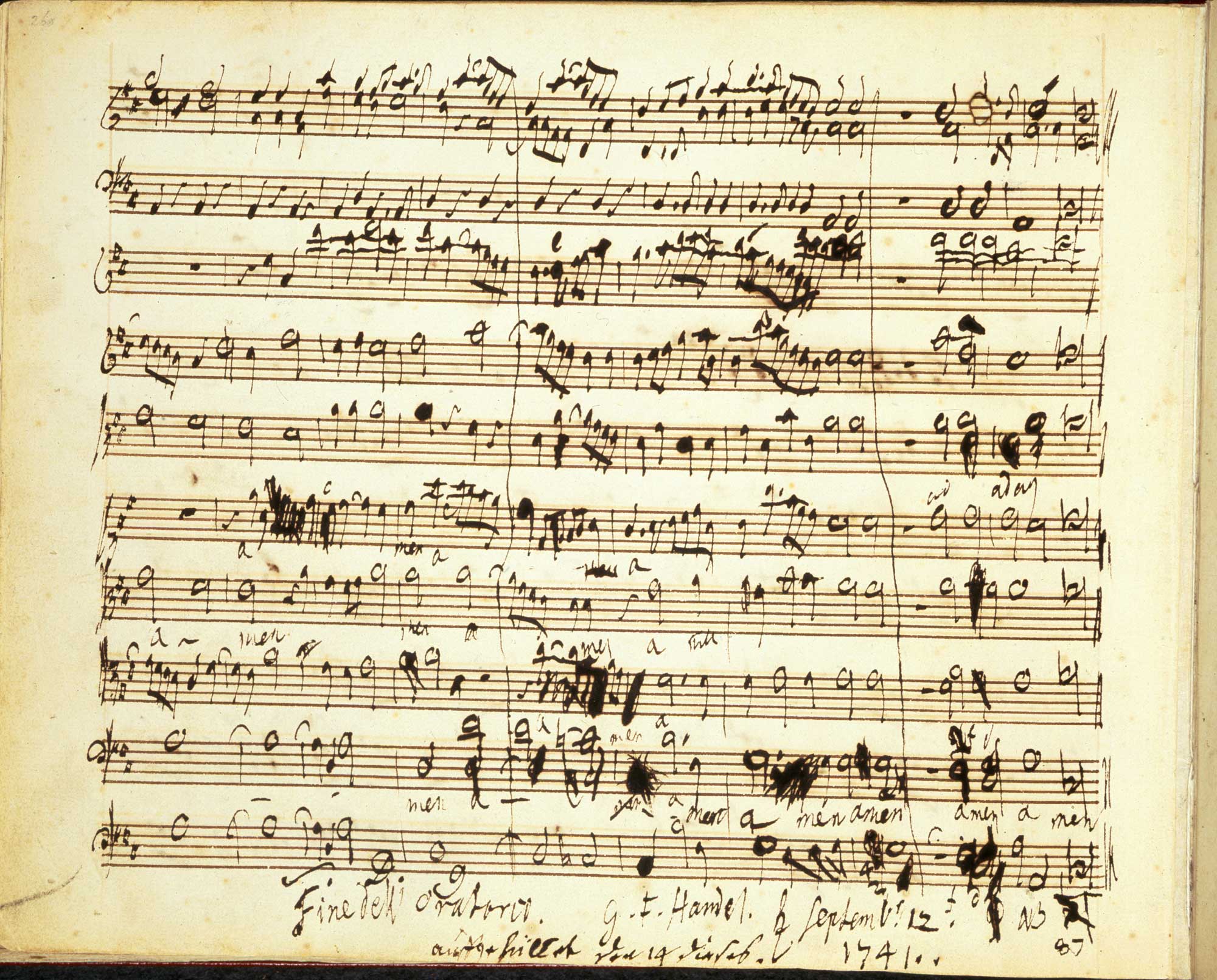
1839 Kinderhook (NY), Language: ‘OK’ entered the vernacular. But by 1839 it appeared in print in the ‘Boston Morning Post.’ One story is that incumbent President Martin van Buren’s supporter formed OK Clubs, where OK stood for his home – Old Kinderhook). Members of OK Clubs took the name seriously and attacked supporters of van Buren’s rivals with clubs. There are alternative explanations of the term, but even so, the wiley Van Buren would have made of use of ‘OK.’
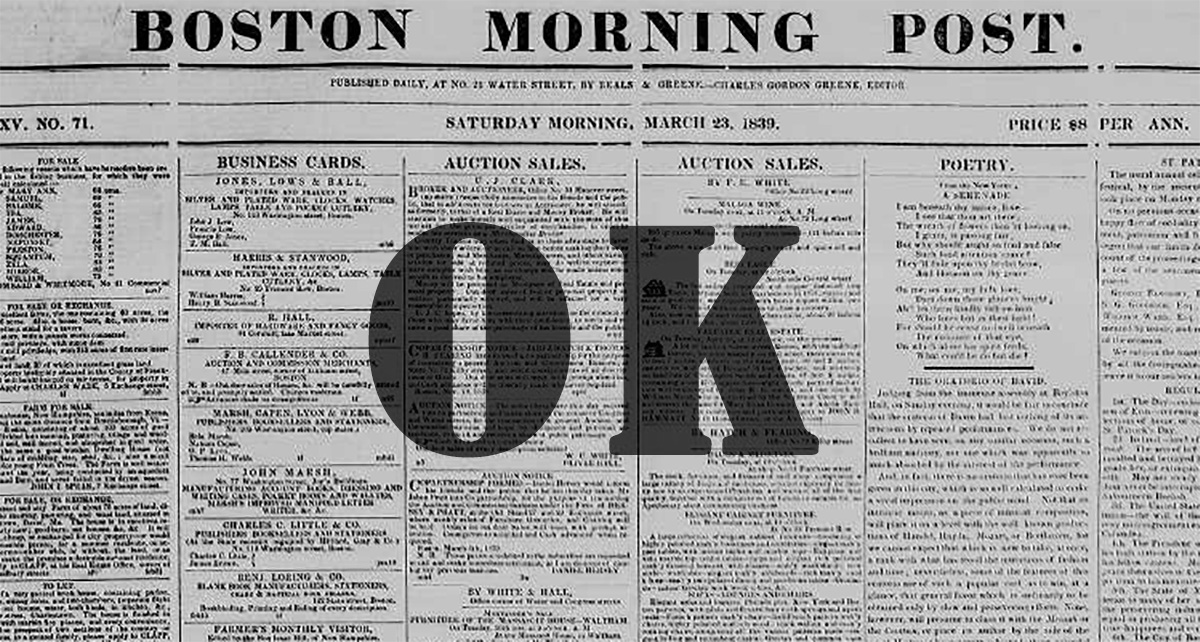
1857 Boston, Food: Fannie Farmer published a cookbook with explicit measures carefully stipulated, e.g., a level tablespoon, or 1 ounce. No more dashes, handfuls, or pitches. Likewise the instructions were stir for ten minutes, no more stir until tired or mix until ready. It remains in print to this day.

2001 Nadi (Fiji), Space: Viewed from Fiji, after orbiting for fifteen years, the Russian space station Mir plunged into the water in a controlled re-entry. Those parts that survived re-entry fell into the South Pacific Ocean at 40° South and 160° West. The Russians did a better job of this re-entry than NASA did with SkyLab which fell on West Australian, with the result we have a fragment framed on the wall from Kate’s parents property in Esperance.
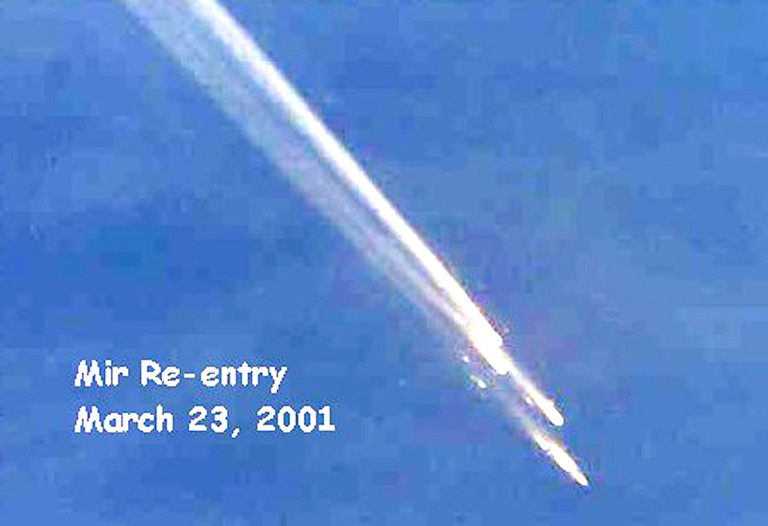
22 March
1765 London, Politics: Parliament passed the Stamp Act to pay for the last war with France. It levied taxes on every transaction in the American colonies from buying a newspaper, a cigar, a bolt of cloth, to a bank loan. It was the latest in a series of taxes to pay off war debts. Because it was so ubiquitous this tax became a proximate cause of the American revolution. The stamp tax on property sales remains one of the main sources of income of Australian state governments, that and gambling taxes.
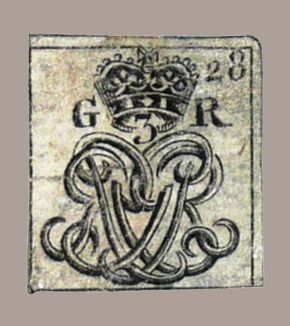
1784 Bangkok, Thailand, Religion: The Emerald Buddha was moved to a temple on the grounds of the Royal Palace. It is two feet high and shows a seated Buddha. Records refer to it in 1434 but its exact origins are unknown.
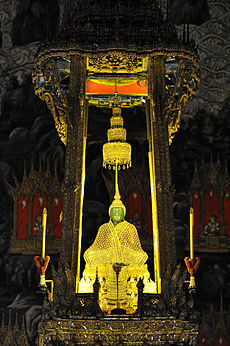
1897 Sydney, Politics: Edmund Barton hosted the first conference of the six colonies of Australia to discuss a single constitution for the whole. Pictured below is his notebook with comments on the 1891 draft Federal Constitution.
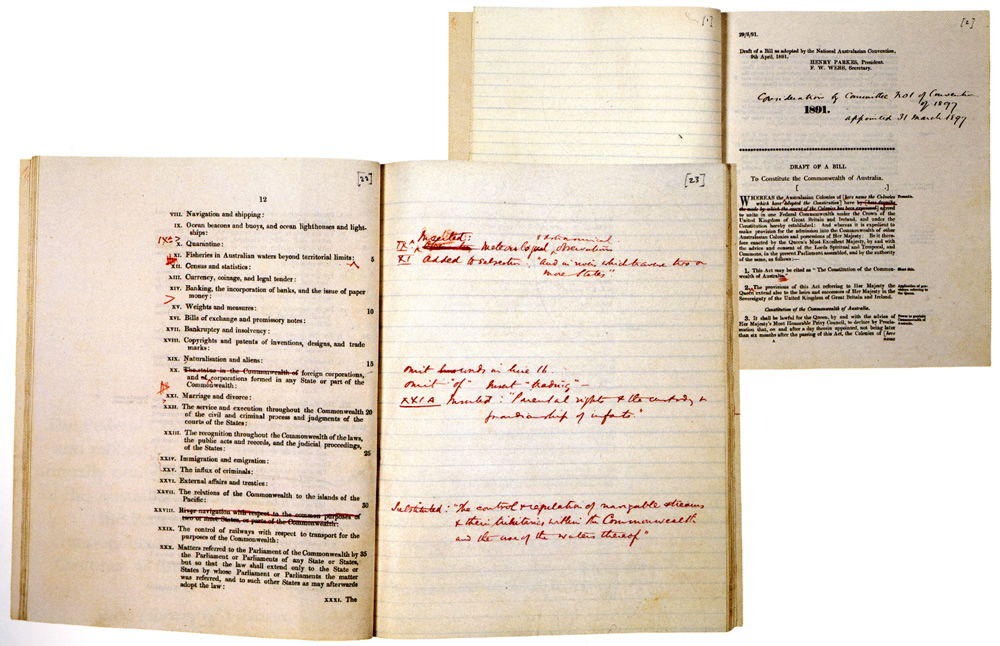
1960 Murray Hill (NJ), Science: The first patent for a laser was granted to Arthur Schawlow and Charles Townes of Bell Labs. Earlier patents had failed because they lacked practical details. Some say they copied the idea from Gort. Having had laser surgery, I am grateful to one and all.
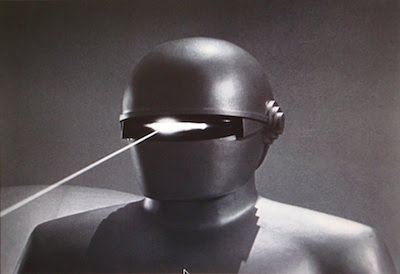
1972 DC, Politics: The Equal Rights Amendment passed Congress and went to the states for ratification. ERA guaranteed rights to women as first proposed in 1923. Hawaii was the first state to ratify. A backlash followed and the amendment failed ratification by 3/4ths of the states.
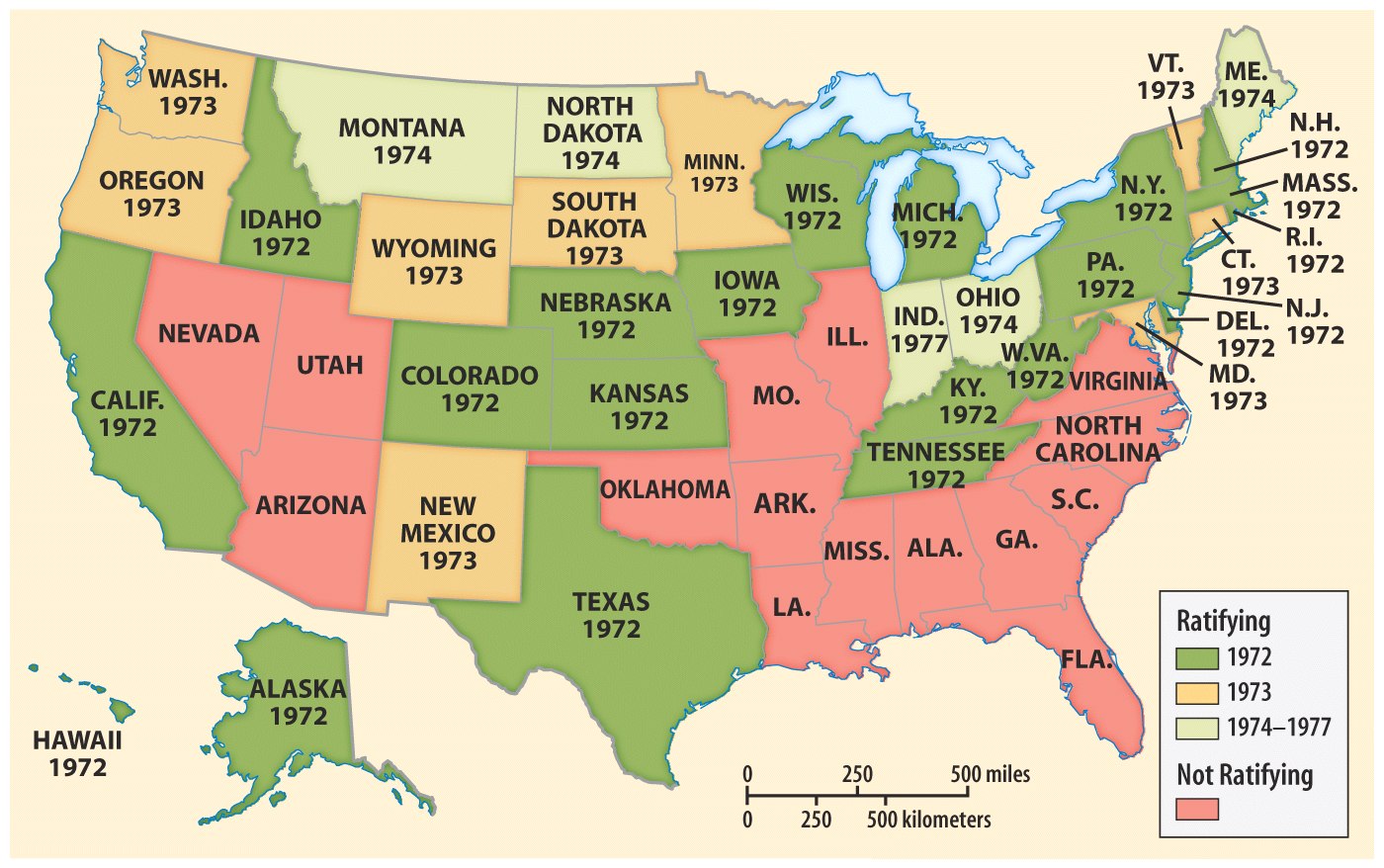
21 March
1800 Pavia (Italy), Science: Count Alessandro Volta described the discovery of an electric battery in a letter to the Royal Society of London. It was addressed to the president of Society, Joseph Banks.
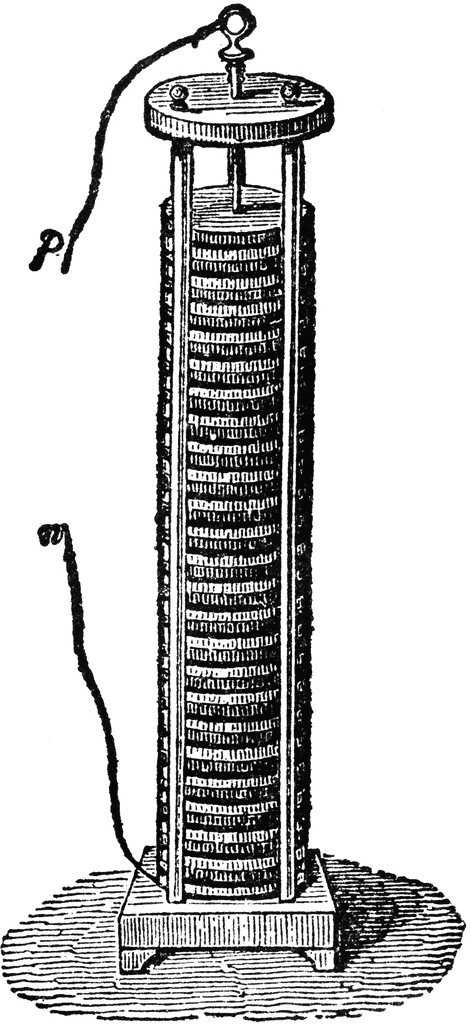
1804 Paris, Law: After four years of development the Civil Code Napoléon was promulgated to embody the rights of the French Revolution. It was coherent, simple, rational, and clear. The French legal profession has yet to recover. It remains in force in France, Louisiana, and Quebec, and elsewhere i the Francophone world.
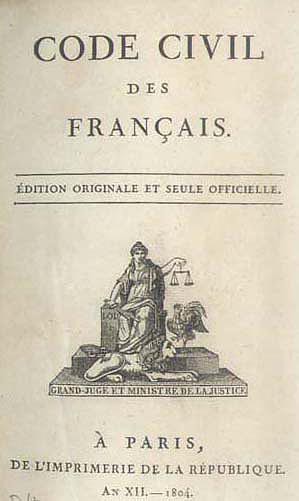
1852 Boston: Literature. Harriet Stowe published Uncle’s Tom Cabin. It was the best seller of the age and became a beacon for the abolition movement. It has been described as the match that lit the slow burning fuse of the Civil War.
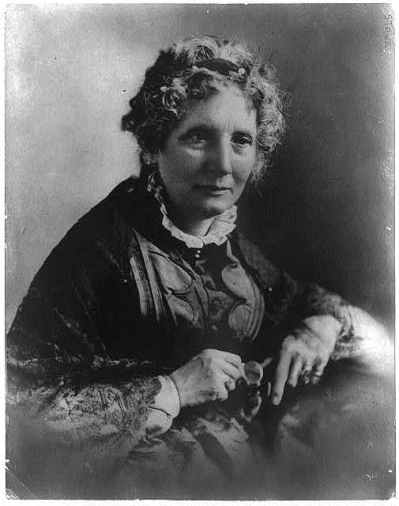
1985 Vancouver, Sports: Canadian Rick Hansen left on a fundraising trip around the world in his wheelchair. It took two years, traversing thirty-four countries and raising $C 26 million for disability charities. Hansen was a three-time gold medal Paralympian.
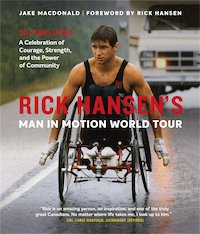
2228 Riverside (IA), Science Fiction: James Tiberius Kirk will be born to command the starship Enterprise.
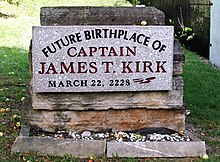
20 March
1930 Corbin (KY), Food: Harland Sanders opened the first Kentucky Fried Chicken store. It was an adjunct to a motel he owned and operated. It soon become more profitable and easier to run than the motel. I ate some KFC once when a penurious graduate student and that was enough to last my lifetime.
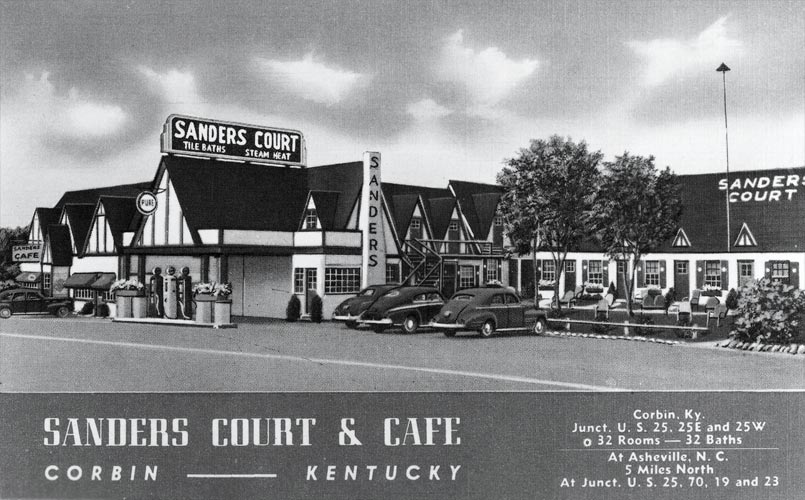
1934 Fort Myers (FL), Sports: For the Philadelphia Athletics Babe Didrikson pitched one inning in a spring training exhibition game against the Brooklyn Dodgers, after hitting the lead-off man, she retired the side in order. Mildred ‘Babe’ Didrikson was a versatile athlete who won 82 golf tournaments and every Olympic event she was permitted to enter. Despite her prowess, or because of it, the Professional Golfers Association refused to let her compete with men, though she repeatedly applied to do so. She inspired the film ‘Pat and Mike’ (1952) and appeared in it in a cameo as herself.
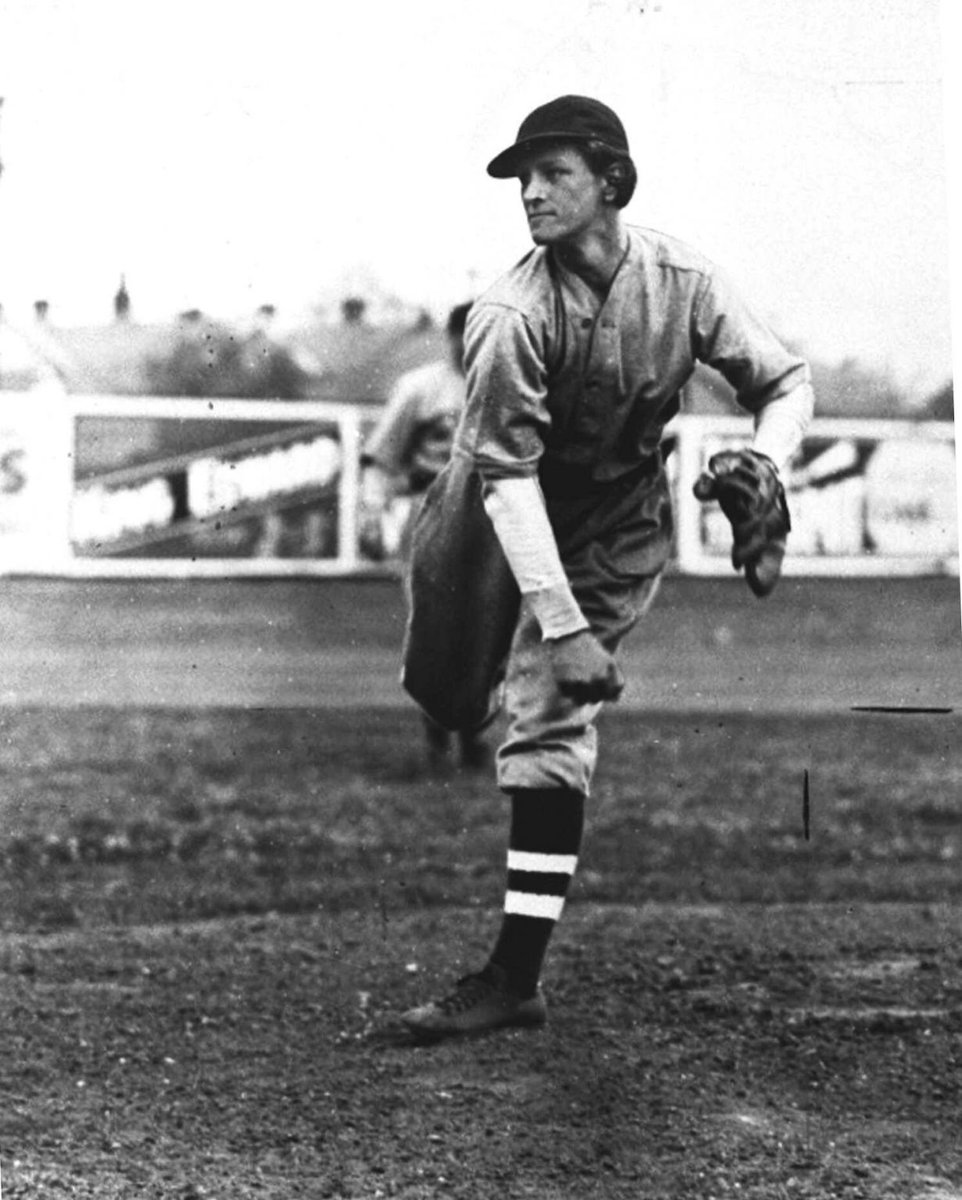
1942 Terowie (South Australia), History: This rail head is one hundred and fifty miles north of Adelaide, it was the change of gauge junction for the railway north to Alice Springs, west to Kalgoorlie and east to Broken Hill. Each line had a different gauge so trains of one gauge would pull up on one side of a platform and goods and luggage were manhandled across to a waiting train on a different gauge track on the other side of the platform. Passenger were awoken to do the same. In 1942 after having refused to obey several earlier Presidential orders to leave Corregidor, it was here, while changing trains as described above, that General Douglas MacArthur said to the waiting press about the Phillipines: ‘I shall return.’ A biography of this caesar is discussed elsewhere on this blog. Get clicking. Terowie is now derelict.
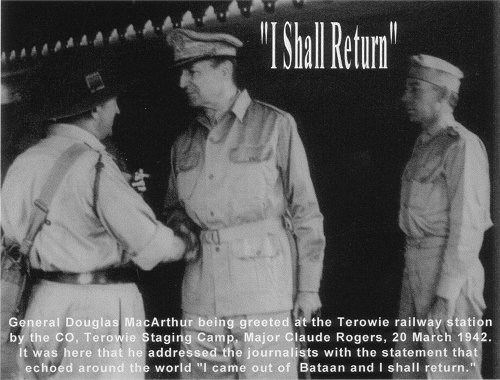
1977 Paris, Politics: For the first time more than a century Paris had a mayor. The post was created as a sinecure, and intended to be purely ceremonial. In it Jacques Chirac saw an opportunity and he campaigned for it and was elected. His many enemies, rivals, and opponents congratulated themselves on seeing him sidelined in this meaningless job. They started re-postioning themselves to fill the void he left, they thought. Ah uh. He used the publicity of the position to prepare for higher office rather than as a pension to the surprise and irritation of many.
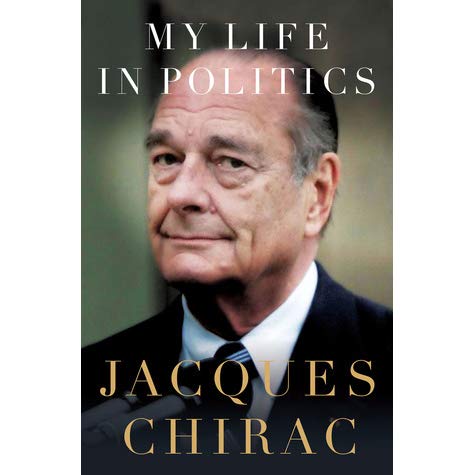
1985 Nome (AK), Sports: Libby Riddles became the first woman to win the Iditarod trail sled dog race from Anchorage to Nome. She outpaced the man who finished second by several hours. She and the thirteen dogs had taken eighteen days to travel through a sub-zero blizzard. The dogs often wore boots and goggles. The trail is 1,112 miles long over mountains, across glaciers, along cliffs; it was once a mail route. Her example stimulated other members of the weaker sex to enter this race and the next three races were also won by women. If the PGA ran this race, women would have been banned.
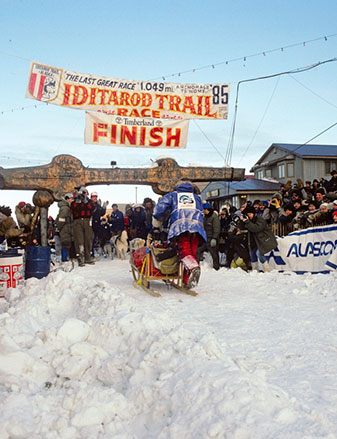
19 March
1882 Barcelona, Architecture: The first stone of the Sagrada Familia cathedral was laid. It is said today that in another twenty years it might be finished, or so we were told in 2018. It is an astonishing building and the story of Antonio Gaudi is even more compelling. Been there, seen that. We thought we were cathedraled-out until we got here. It is breathtaking in and out and like nothing else I have ever seen.
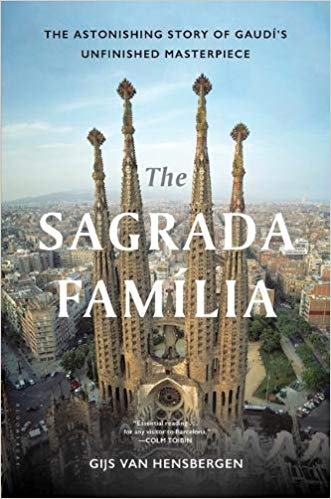
1931 Carson City, Politics: Nevada legalised gambling in a bid to overcome the Depression. In the next year it legislated the easiest divorce laws in the United States to add divorce-tourism to gambling-tourism. Now as then gambling taxes are the bulk of the state’s income. It also got gangster-tourism in 1959 when organised crime left Havana and found a new headquarters.

1932 Sydney, Transportation: The ribbon was cut to open the Sydney Harbour Bridge. Francis Edward de Groot put in an appearance. Later the Governor-General dismissed the elected premier of New South Wales for defaulting on repayments on loans to British banks to build the Bridge in the Great Depression. Was there any connection between the two events? Speculation on this subject has been the subject of many works of fact and fiction and some in which they authors make no such distinction. Been over that bridge many a time.
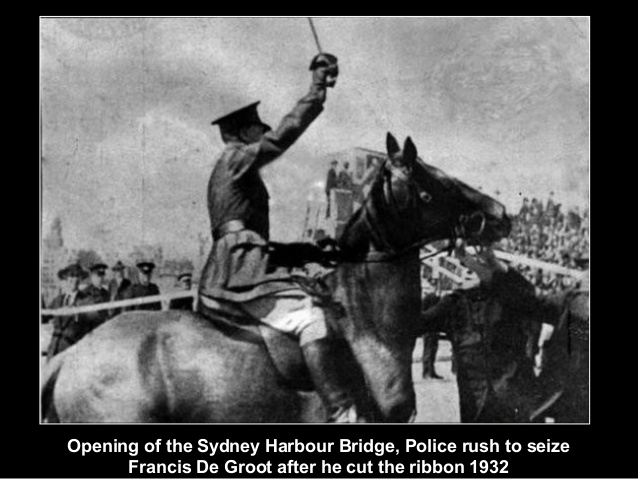
1966 College Park (MD), Sports: An unheralded Texas Western University basketball team defeated Adolph Rupp’s University of Kentucky dynasty in the NCAA national championship game. It was a 10:1 upset win for the Miners from Texas Western. Miner Coach Don Haskins violated the unwritten rule and started five black players against Rupp’s all-white aristocrats of the Blue Grass. Rupp had never had a black player on his many teams and intended to keep it that way. (See ‘Glory Road’ (2006) for an entertaining interpretation of this game.) At that time no college, no professional team had ever started an all black line up, regardless of ability or context, in any sport, still less in a nationally televised championship game before a sold-out lily white audience in a gymnasium in the south. Haskins knew the unwritten rule, but he wanted his team to win and after discussion with all the players (because they — black and white — would bear the brunt of the reaction) he put his best five on the floor, and they won 72 – 65. The Kentucky team included future NBA stars Pat Riley, Louie Dampier, and Larry Conely. None of the Miners made it to the NBA.
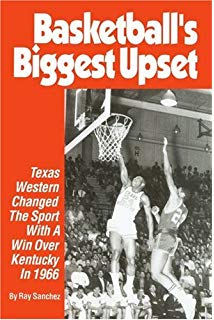
1991 Tempe (AZ), Sports: When Arizona refused to recognise Martin Luther King Day, National Football League Commissioner Paul Tagliabue terminated an agreement to hold the 1993 Super Bowl in Phoenix and moved it to the Rose Bowl in Pasadena. Arizona Senator John McClain had campaigned for a referendum to accept MLK day but not even his prestige prevailed. The reaction in Arizona was one of outraged innocence while Phoenix lost an estimated $100 million in revenue. What do NFL Commissioners do these days?

